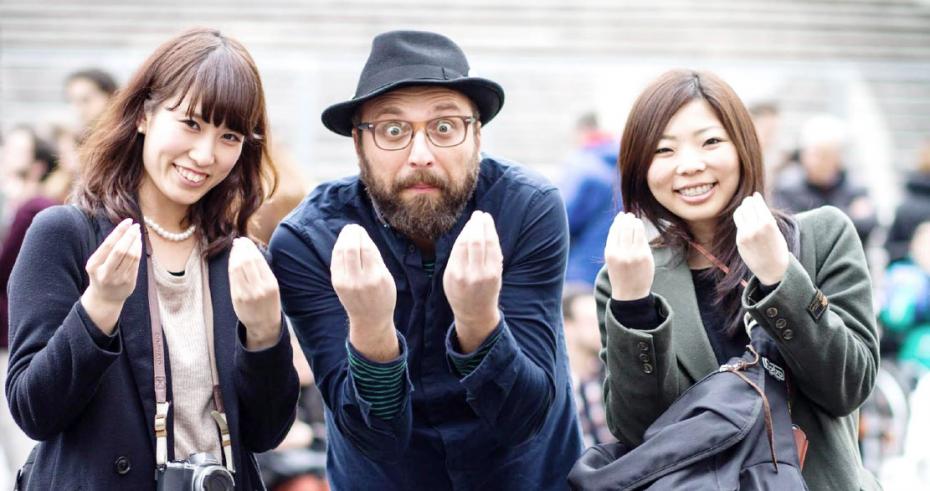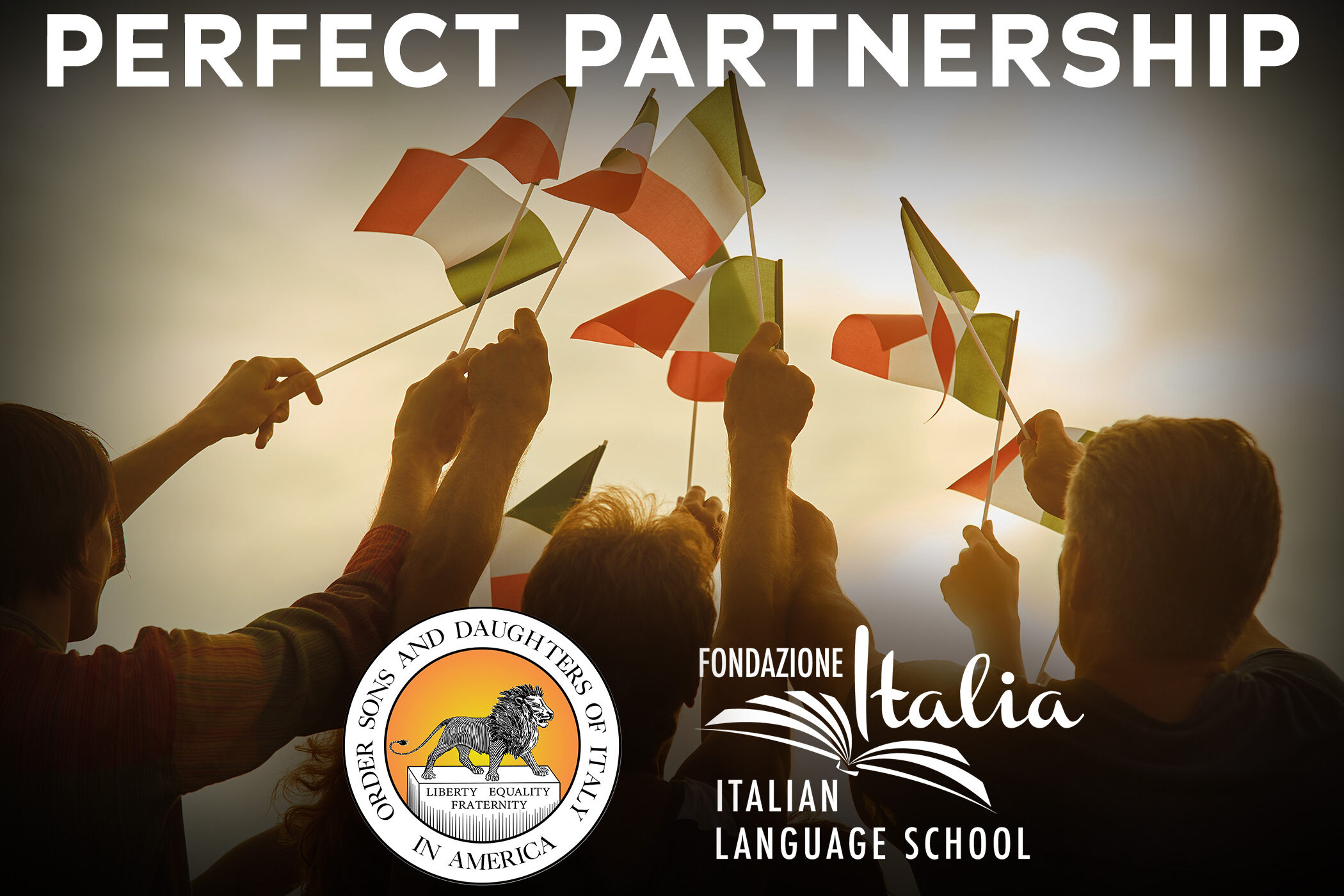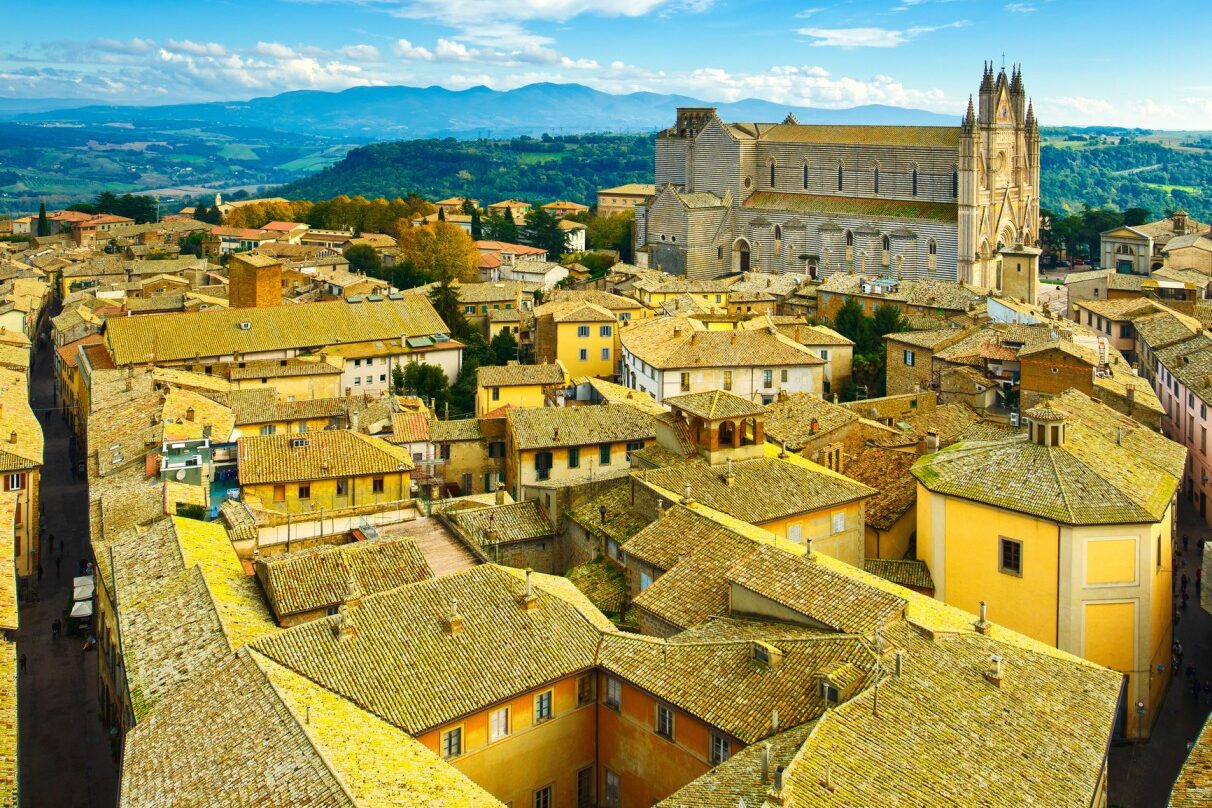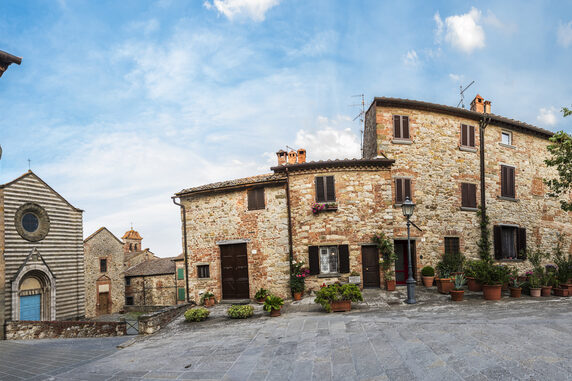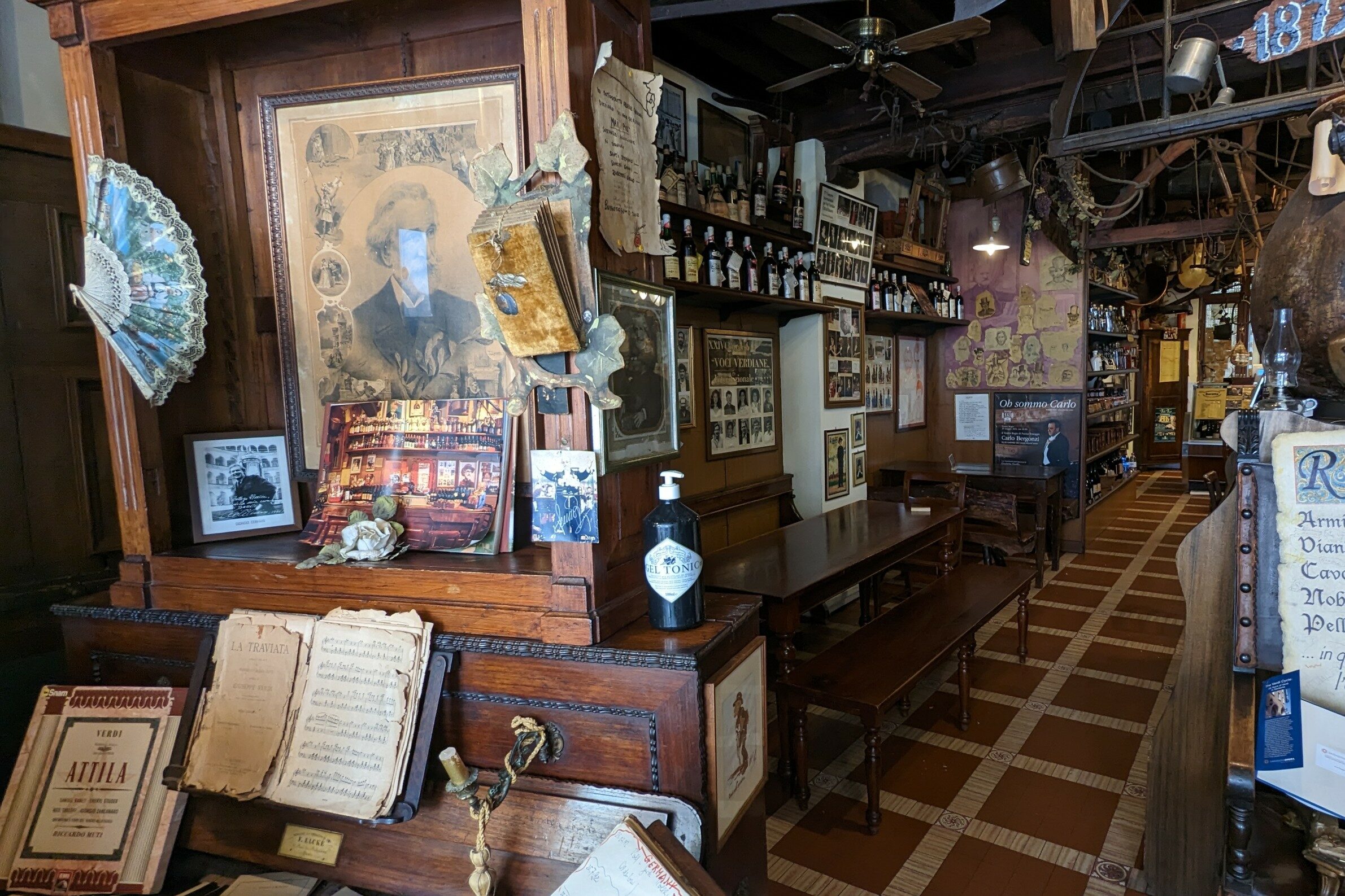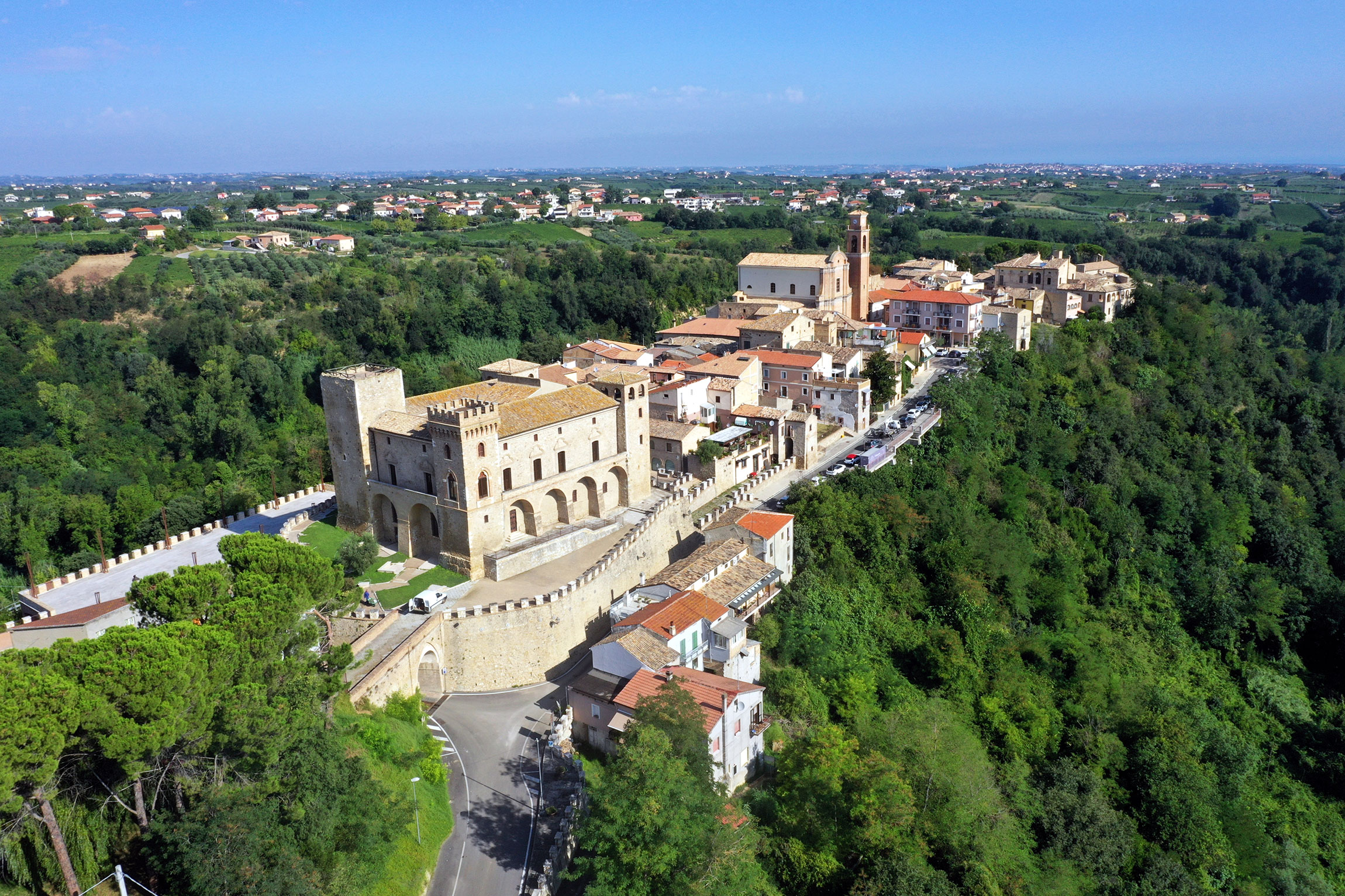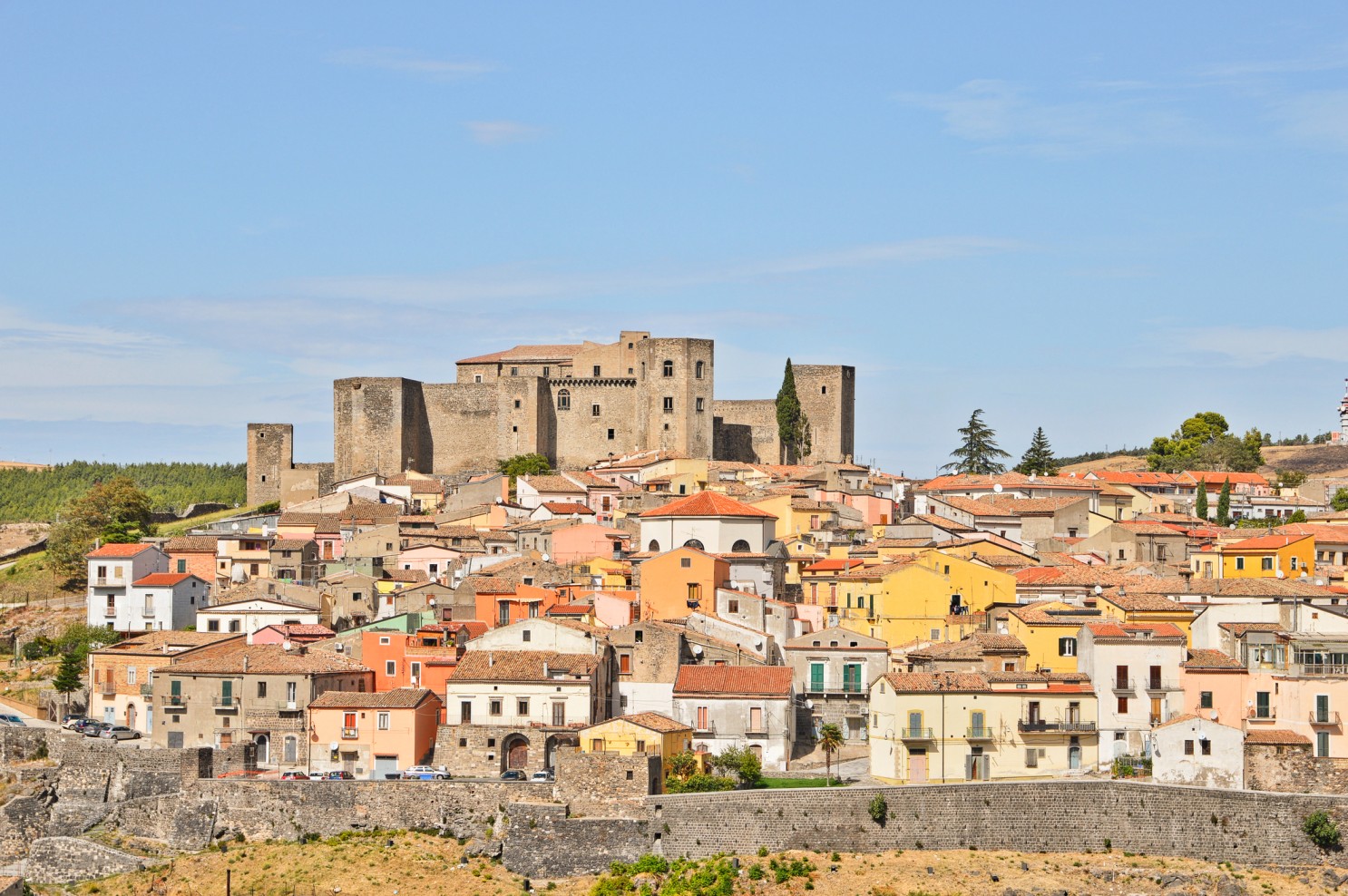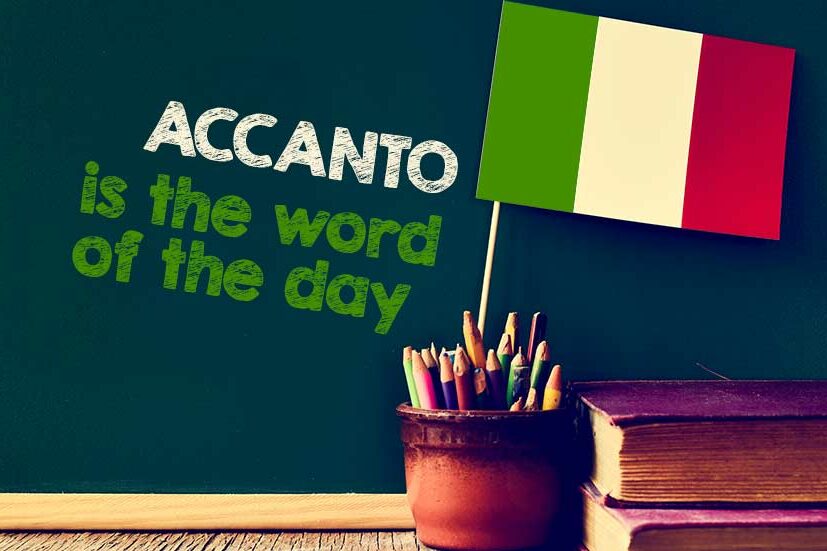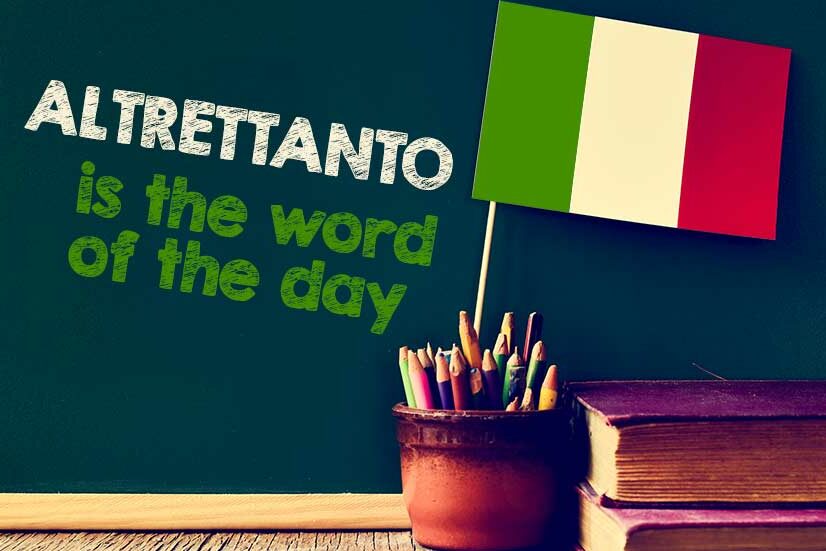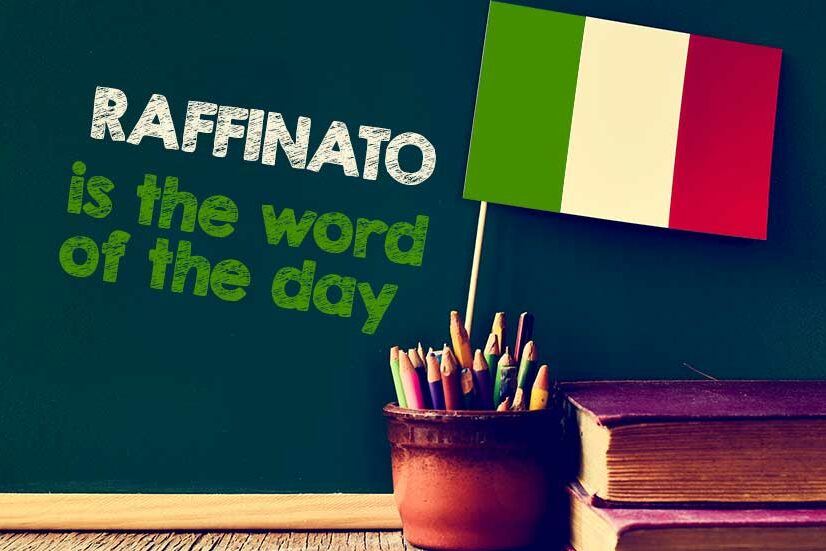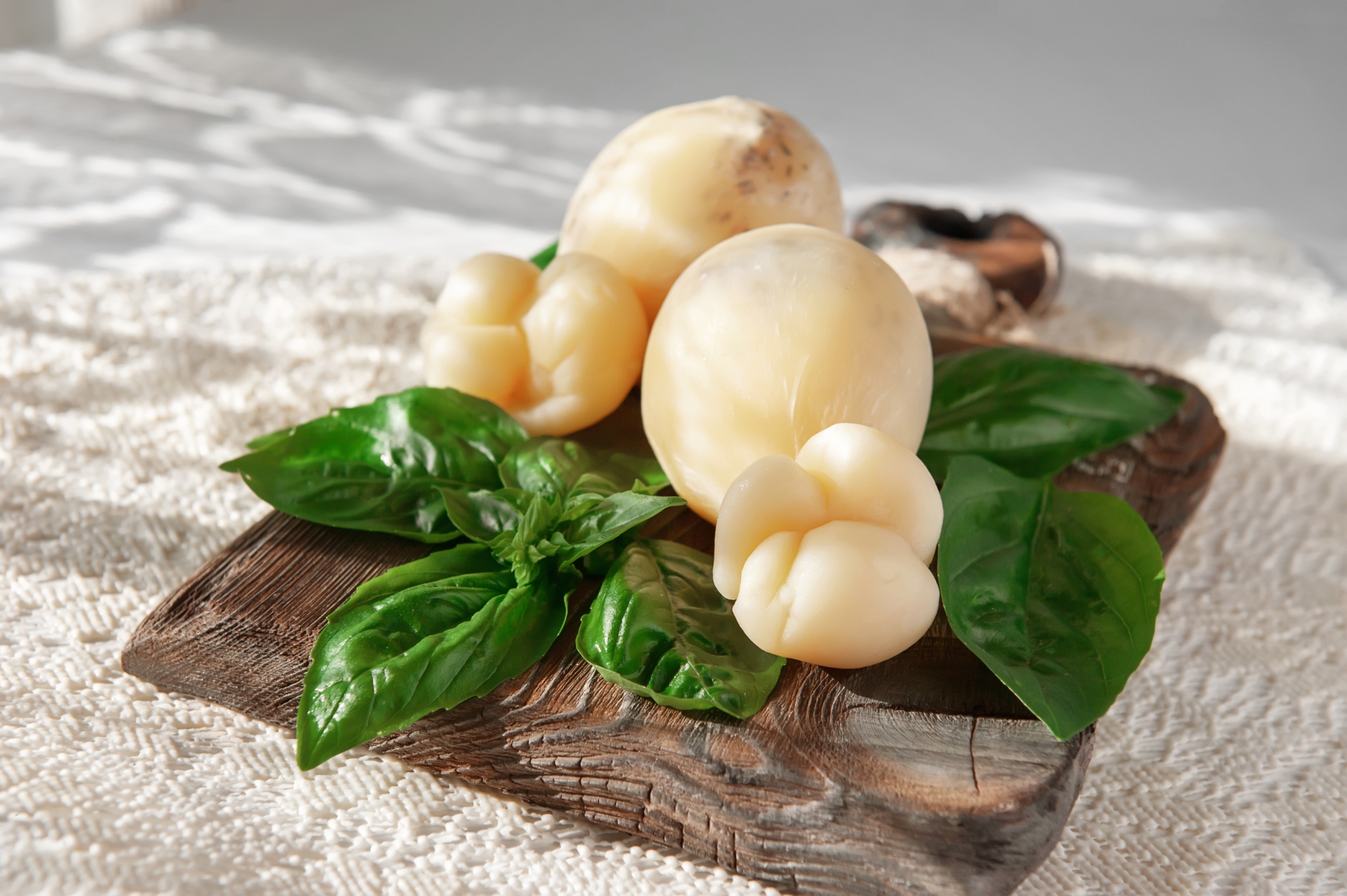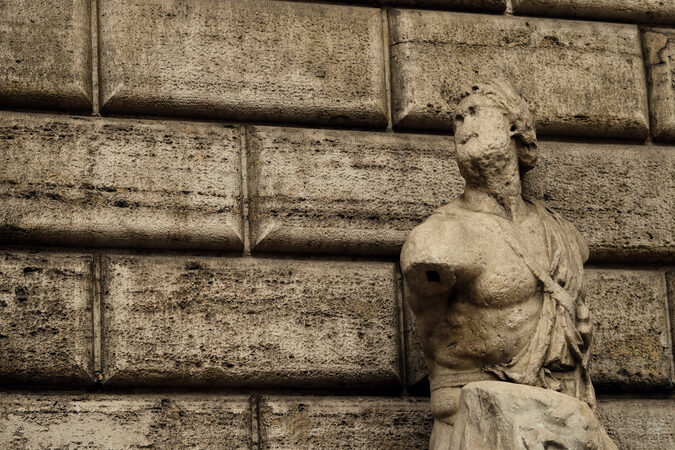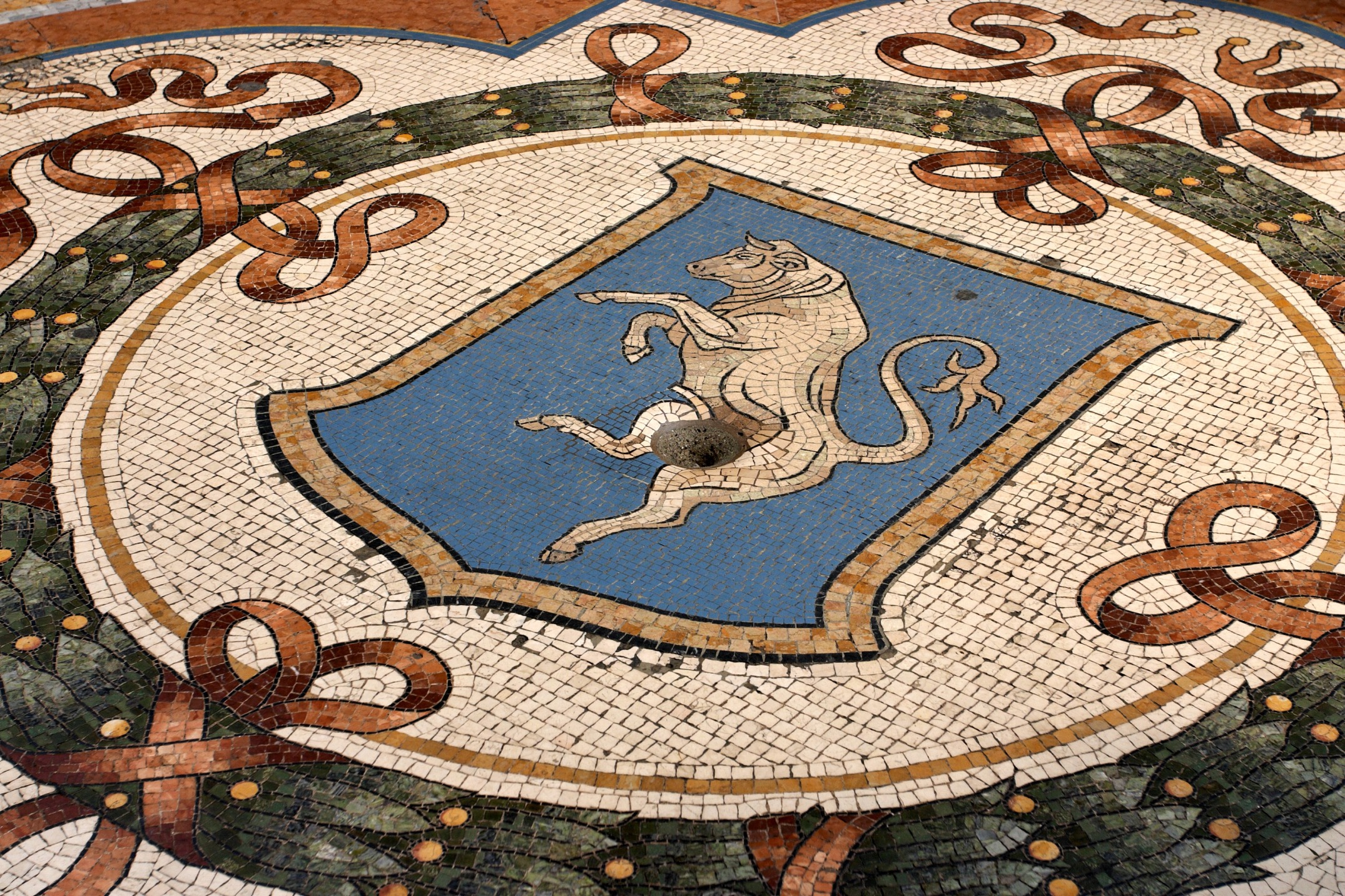Producer, filmmaker, cultural ambassador, speaker, Italian gestures expert…Luca Vullo is a man possessed with a perpetual smile – and with a love of culture and humanity. He is a type of anthropologist, watching and enjoying the everyday human, discovering what drives them in their work and play. Above all, he is fascinated with the culture of the Italian.
Born in Caltanissetta in the middle of Sicily, Luca spent his childhood between Sicily and Calabria because his mother is Calabrian. ‘I can say proudly that I am an original Terrone,” he smiles. “Which means that I am from the south of Italy with all the positive and negative characteristics. That term is used by Italian citizens from the north of Italy to offend the Italian citizens from the south. Anyway, I love Italy and all Italians, including the Polentoni – the opposite term to offend the people of the North.”
In his 2016 documentary INFLUX, Luca explores the cultural separation of young Italians moving to London in search of jobs. Italy does an exemplary job of educating its young people but does not have enough jobs available for the emerging work force. The documentary has hit a nerve with its audiences in London and abroad. Once again, Luca has proven his deep understanding of Italian culture and its strong influence. And even though he lived in London himself and these days spends most of his time on the road lecturing, teaching and filming, he does not stay away from Italy for long.
“I’m not one of those who have gone away by breaking all ties with Italy,” Luca says. “On the contrary, I aspire to be a bridge between those who stayed and those who chose to leave, and more.”
“London has never attracted so many Italians as in the last few years. In a period when European immigration is continuously debated in politics, and after the controversial outcome of the Brexit referendum, INFLUX offers an emotional self-analysis that reveals the strengths and weaknesses of Italians, showing the uniqueness of their mentality as well as their contradictions.”
I met Luca when he was in Portland earlier this year to present his 2011 documentary, La Voce del Corpo (The Voice of the Body). He recently gave me time from his busy schedule for a quick interview.
When you look back on your childhood, what are your favorite memories? Who was most influential in your life?
I remember with pleasure my summers in Calabria at an international camp. It was probably the most beautiful and important experience in my childhood and developed my communication skills and gave me a lot of contact with people of many cultures.
From my mum, I get my creativity, sensitivity, strong emotional intelligence and the ability to organize. My dad gave me an entertainer’s passion and great irony.
Were you always interested in films while growing up?
I have proofs from my family and my friends that I was very interested in directing and organizing team play, planning and taking excursions all together so to create social games. I was always very interested in the voices and songs of my friends, and interviewed them about these things.
I started to play with cinema when I was 20 years old. I never had idols or favorite films but many actors and directors have influenced my life and my career: Pietro Germi, Daniele Ciprì and Franco Maresco, Vittorio De Seta.
What drew you to documentaries?
Making documentaries is my first love! A documentary is not just a movie but is a personal research that becomes collective, a human experience, a strong emotional growing, a stimulation for all our senses. It is art, culture, communication, knowledge, information, awareness. I love to tell stories and to absorb from reality.
What was your first documentary and why did you take on that project?
My first documentary was titled, Cumu Veni Si Cunta (Take It Easy). In Sicily, some people discover a new way to survive. Between real and surreal, these protagonists of the movie explain with their own words the meaning of “to make a virtue of necessity.”
When I was a student in Bologna, I was frequenting a cinematographic workshop with other people from everywhere. We were choosing ideas for filming and a German girl said, “I discovered that in Albania there isn’t running water every day and I’m shocked.”
Immediately, I thought probably she would not be able to imagine where I grew up. In the summer in Agrigento/Caltanissetta, we would be without running water for more than 20 days. Hearing her say that was a good opportunity to observe with different eyes my own town and my own reality.
Tell me about La Voce del Corpo. Why did you make this film? How did the experience affect you?
When I say, “I’m Italian, from Sicily” the automatic reaction is, “Oh wow!” The second one is “Mafia” like a joke.
I think that our region is one of the richest lands in the world in terms of culture, history, traditions, food, beauty and much more. The Italian gestures are a great example of that and are recognized all over the world, but not many people know the meanings of the gestures. They think it is just a stereotype or a folkloristic aspect of our country.
In my opinion to understand the Italian mentality, our communication and our country, you cannot avoid considering the body language. For all those reasons, it was important to explain our skills with this complex and fascinating linguistic code.
You have had a tremendous response to “La Voce del Corpo” – did you think the film would be so popular?
The docu-fiction “The Voice of the Body” literally changed my life. I was pretty sure it would be successful abroad but I did not imagine the unbelievable extension! My experience proves that a documentary can transmute in education, communication, theatre, TV show, and much more.
In an era where we are looking to extend the vision and the feeling with the new technologies, there are other examples that go in opposite ways. For instance, I use my documentary like a tool to approach people, to create human contact and real communication between people. It is interesting, in this contemporary era, to use a documentary to cover the gap between the work with “the artificial intelligence” to be closer the reality, and the verification that the humans have lost their “emotional intelligence.”
At the TAO Taormina Fashion Awards on July 23, you were presented with the award for “Communication of the Italian Culture Abroad.” How do you feel about that?
The most important award that I received is the opportunity to travel a lot around the world to spread my culture and meet other cultures and discover myself.
What keeps you busy these days? What are your future plans?
I am very busy preparing and presenting lessons and workshops in universities, schools, associations, and at the Italian Cultural Institute. I perform shows in theatres and clubs, and receive many invitations to speak at professional events in cinema, science and education.
Another aspect that keeps me busy are the screenings for my previous documentaries, especially INFLUX about the contemporary migration of Italian in London. I like to have question/answer times after the screenings – I like to hear what everyone thinks. In addition, I am working on my next documentary and my first feature film.
For the future, I want to continue the spread of my activities with Italian gestures and to distribute my last documentary. I want to create my next movies between the US, UK and Italy. Everyday my life changes – then who knows?
